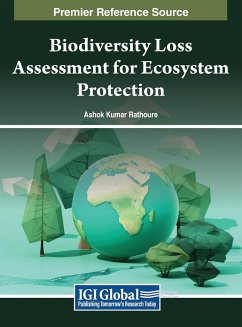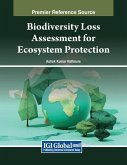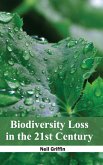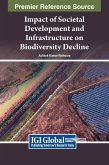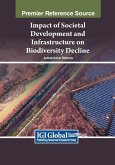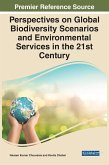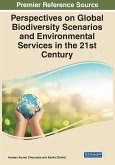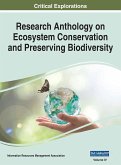In an era defined by relentless human activities and rapid ecological transformations, the world faces an escalating crisis - the precipitous loss of biodiversity. As we grapple with the consequences of industrialization, urbanization, and unchecked developmental pursuits, the very fabric of life on Earth is unraveling. Biodiversity, encompassing the myriad species, their genetic variations, and the intricate interplay within ecosystems, is diminishing at an unprecedented pace. This decline, termed biodiversity loss, extends beyond a mere statistical measure; it reflects the unraveling of the intricate tapestry that sustains life on our planet. In the face of climate change, pollution, habitat loss, overexploitation of species, and the invasion of non-native species, the urgency to address biodiversity loss has never been more critical. It is against this backdrop that this book emerges, titled Biodiversity Loss Assessment for Ecosystem Protection . This groundbreaking work not only unveils the theoretical frameworks surrounding biodiversity conservation but also presents the latest empirical research findings, making it an indispensable tool for professionals across diverse disciplines. From stress on biodiversity and impact assessment to innovative approaches for studying terrestrial, aquatic, and marine components, each chapter provides a deep dive into specific facets of biodiversity loss. The objective is clear: to equip scholars with the knowledge they need to contribute meaningfully to the preservation of our planet's rich biological heritage.
Hinweis: Dieser Artikel kann nur an eine deutsche Lieferadresse ausgeliefert werden.
Hinweis: Dieser Artikel kann nur an eine deutsche Lieferadresse ausgeliefert werden.

